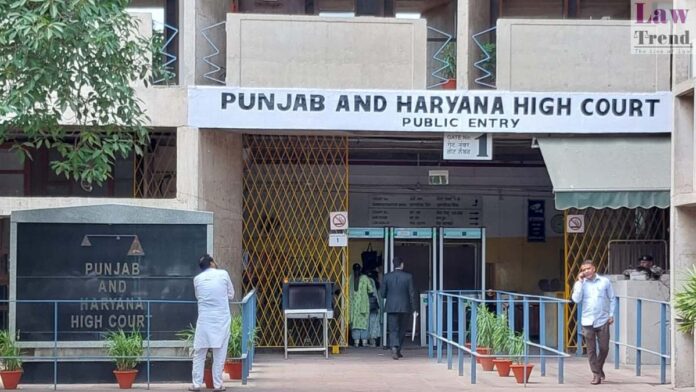The Punjab and Haryana High Court has dismissed a Public Interest Litigation (PIL) challenging administrative orders that restrict the online publication of judgments in sensitive cases. The PIL, filed by advocate Rohit Mehta (CWP-PIL-160-2024), sought to overturn several administrative directives that limited the public’s access to court orders and judgments involving cases related to women,




